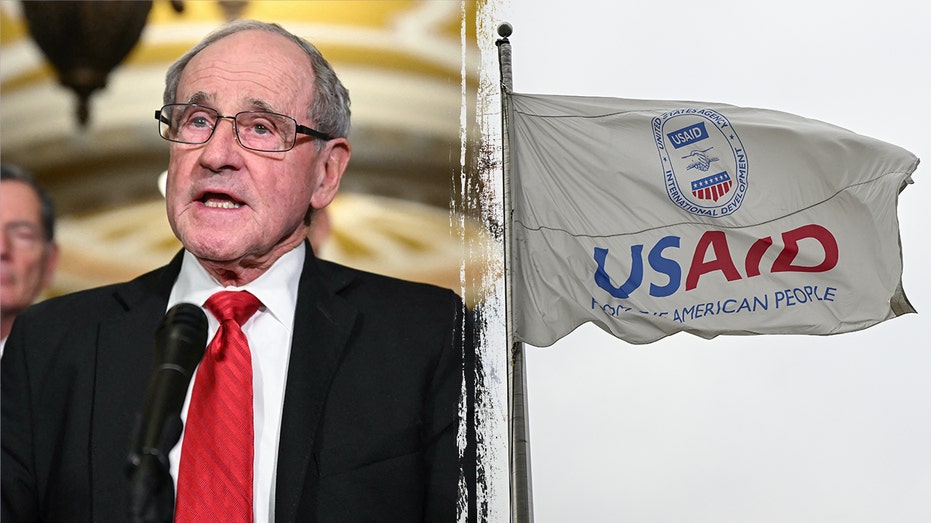Senator Risch Calls for 'Top-to-Bottom' USAID Spending Review Following Waste and Fraud Scandal
Risch urges review of USAID descriptions for lack of sufficient detail.

The future of U.S. foreign assistance is under intense scrutiny following significant changes to the U.S. Agency for International Development (USAID). Senator Jim Risch, Chairman of the Senate Foreign Relations Committee, has called for a comprehensive review of USAID’s spending practices after a series of sweeping reforms initiated by the Trump administration. These reforms included moving oversight of the agency under Secretary of State Marco Rubio and integrating its programs with the State Department.
Established as an independent entity to provide support and development aid to impoverished countries, USAID’s mission has come under fire from both lawmakers and government watchdogs. According to Risch, a top-to-bottom examination is necessary, citing concerns over expenditures that lack transparency and clearly defined results. "The amount of money that we're spending on that has to be reviewed top to bottom," Risch emphasized during a public event, highlighting what he described as insufficiently detailed allocations, such as millions of dollars earmarked for democracy promotion in unspecified locations.
The reorganization led to widespread layoffs, with the remaining core operations absorbed into the State Department’s broader diplomatic efforts. This consolidation follows mounting criticism of USAID for allegedly funding projects that are not directly aligned with U.S. strategic interests. Notable examples include $1.5 million spent on a program advocating workplace diversity in Serbia and a $70,000 grant for a musical focused on diversity, equity, and inclusion in Ireland. The Department of Government Efficiency (DOGE) cited these expenditures as symptomatic of broader inefficiencies and misaligned priorities within USAID.
Following a rapid, six-week review, Secretary Rubio announced the elimination of more than 80% of USAID’s programs—slashing approximately 5,200 out of 6,200 initiatives. This move, described in internal memos, aims to focus remaining resources on what are described as "life-saving" programs as well as core activities that directly support national security interests. The sweeping cuts have resulted in the departure of thousands of employees and signaled the end of USAID’s status as an independent agency.
Supporters of the overhaul argue that the changes will allow the United States to reorient foreign aid with greater efficiency and effectiveness. Rubio said, "Foreign assistance done right can advance our national interests, protect our borders, and strengthen our partnerships with key allies." He asserted that USAID had "strayed from its original mission long ago," leading to unsustainable costs with limited success. "We are continuing essential lifesaving programs and making strategic investments that strengthen our partners and our own country," Rubio declared.
However, the restructuring has ignited fierce opposition among Democratic lawmakers and former USAID staff. Critics decry the move as both illegal and detrimental to U.S. foreign policy objectives, arguing that only Congress holds the authority to dismantle an agency established by statute. "Donald Trump and Elon Musk’s destruction and dismantling of USAID is not only disastrous foreign policy and counter to our national security interests; it is plainly illegal," asserted Representative Gregory Meeks, the ranking Democrat on the House Foreign Affairs Committee.
As the debate rages over the legality and advisability of the administration’s actions, the fate of U.S. global development efforts remains uncertain. The coming months are expected to feature congressional hearings, legal challenges, and passionate arguments over how best to balance fiscal responsibility with America’s longstanding commitment to humanitarian aid and international development.




